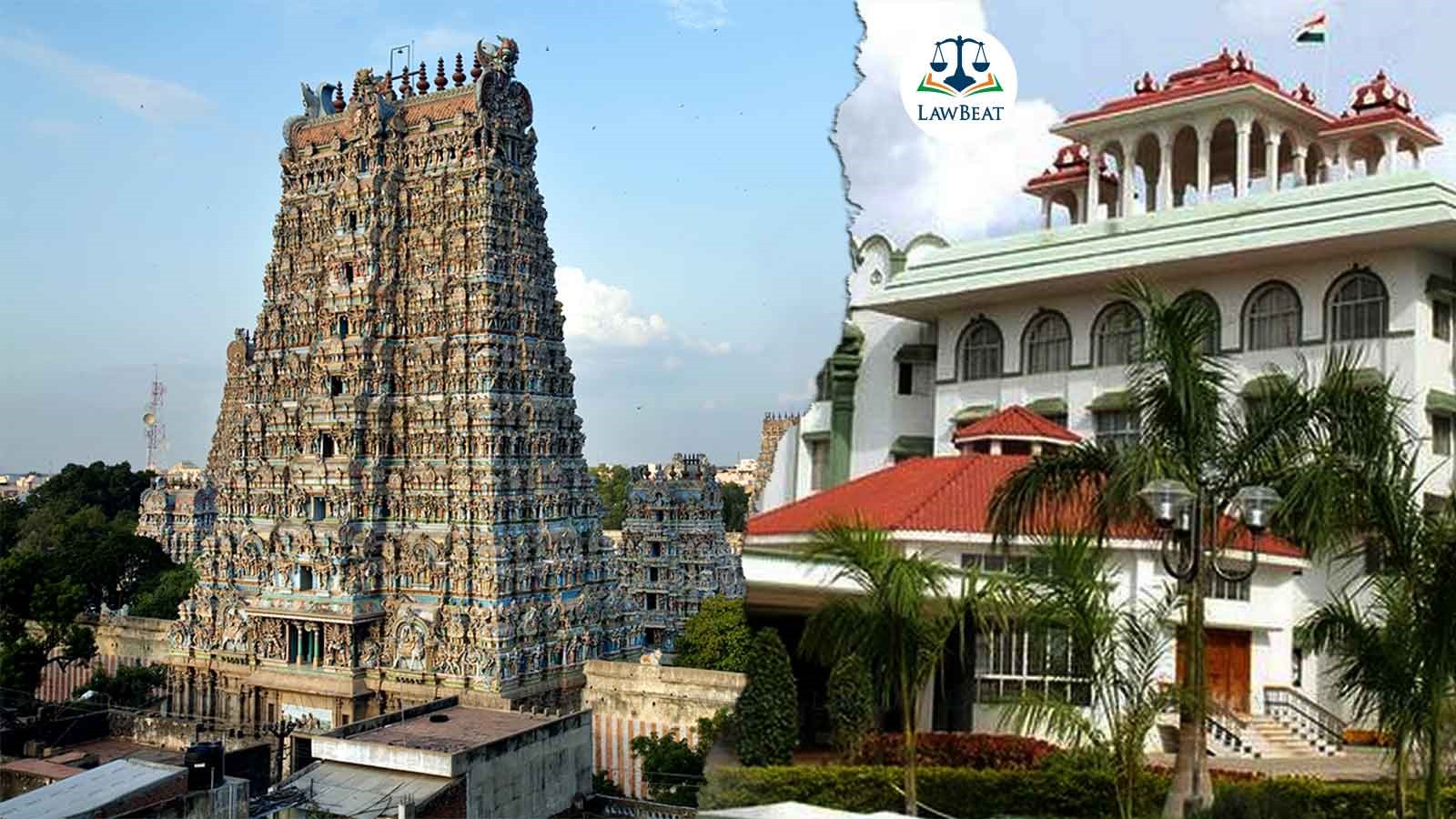Madras HC Rejects Plea Objecting Sengol Handover to Widow at Meenakshi Temple

Even if there were sanctions operating in ancient times, such prejudice/discrimination practiced in antiquity, have to give way in these modern times after the Constitution was adopted, court asserted
The Madras High Court earlier this week dismissed a plea seeking direction to the administration of Sri Meenakshi Sundareshwarar Temple in Madurai to follow the age-old custom of handing over of Baton of Rule 'Sengol' during Pattabhishekam day in Chitra festival.
The main contention of the petitioner was that as per the old customs neither a widower nor widow could receive the Sengol [Sceptre] and receipt of Sengol [Sceptre] by a widower or widow would be an affront to the Agama principles as described in Sethala Kuripedu and Sethala Book.
Though the high court traced the tradition of transferring the Sengol (Sceptre) back to the Chola dynasty, symbolizing power succession, it deemed objecting to women receiving it a constitutional affront.
The single judge bench of Justice C Saravanan said, "The objection to handing over the Sengol (Sceptre) to a woman or a widowed woman prima facie is an affront to equality guaranteed and enshrined under the Constitution".
Court also emphasized that the texts of Sethala Kuripedu and Sethala Book, provided by the petitioner, did not suggest any prohibition against handing over the Sengol (Sceptre) to a woman or a widowed woman.
Even if there were sanctions operating in the ancient times, such prejudice/discrimination practiced in antiquity, have to give way in these modern time after the Constitution was adopted, court asserted.
Additionally, the court highlighted the irony of the case that the presiding deity in the Meenakshi Temple is the consort of Hindu God Lord Shiva, namely, Parvathy who symbolizes womanhood and power.
Therefore, court refused to entertain the plea to stall the arrangements already made by the Temple Authorities for handing over of Baton of Rule 'Sengol' during Pattabhishekam day in Chitra festival slated on 19.04.2024.
However, court said that the petitioner may canvass his objection by filing a suitable application under Section 63(e) of the Tamil Nadu Hindu Religious and Charitable Endowments Act, 1959 before the Joint Commissioner, Sri Meenakshi Sundareshwarar Temple, Madurai.
The said application may be decided by the Joint Commissioner before the ensuing festival for the next calendar year i.e., 2025, so that all the issues can be set at rest, court ordered.
Case Title: S.Dhinakaran v. The Commissioner of HR and CE and Two Others
